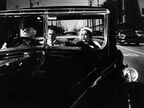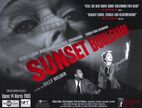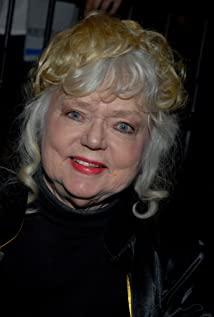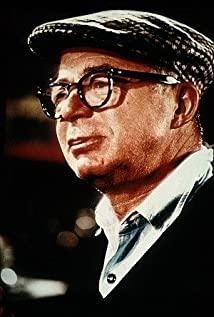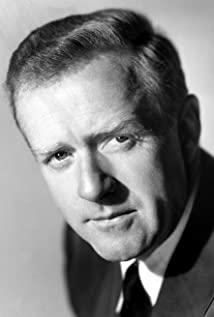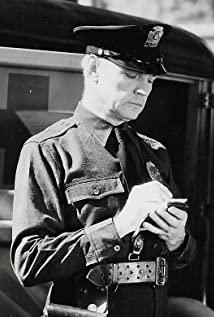From the narrator's point of view, this film is easily reminiscent of Edgar Allan Poe's "Manuscript in a Bottle", although Joe's narration is limited by the performance of the image, mixed with a little exclamation of the moment when the event occurs. Of course, as a film noir, this film also brilliantly portrays the two characters, Norman and Max. The mutated personalities are placed in an old-style villa isolated from the world, which is more Gothic, creating an Ershey-style suffocation. This is especially true of the heavy stagnation at the end of the film. However, the protagonist of the film is still the poor screenwriter who has been struggling from beginning to end. On the one hand, he needs money, so he climbs up the pole of a former actress; on the other hand, he can't contain his desires, sexual or aspirational, but unfortunately his talent is not enough to support them. Interestingly, he became well-to-do, and in the same way, he got the satisfaction of his desires (albeit only in part). He gets them all at the same time, which means he has to give them all at the same time. This creates a wonderful symmetry in the way of looking at the narrative from Joe's perspective. Between gains and losses, he seems to see the mastermind behind the construction of the story and all the actors' actions in the dark. Filled with characters in a decaying castle. Different from "Manuscript in a Bottle": Max and Norman are like two big hands, and the bottle containing Joe's last words was mercilessly tightened by them. And this is the great victory of the narrator.
View more about Sunset Blvd. reviews



